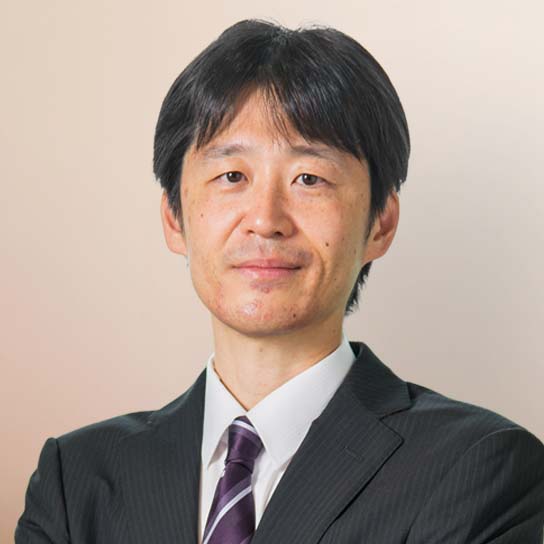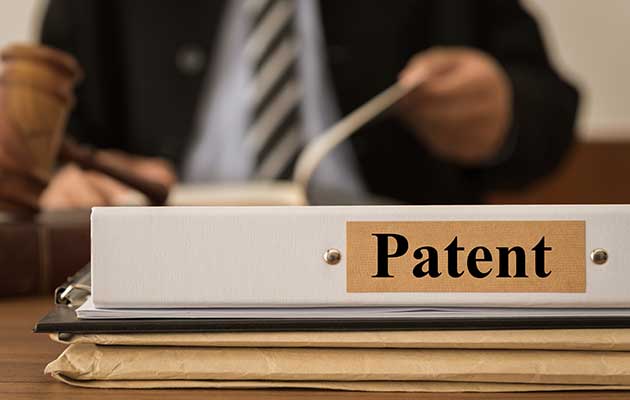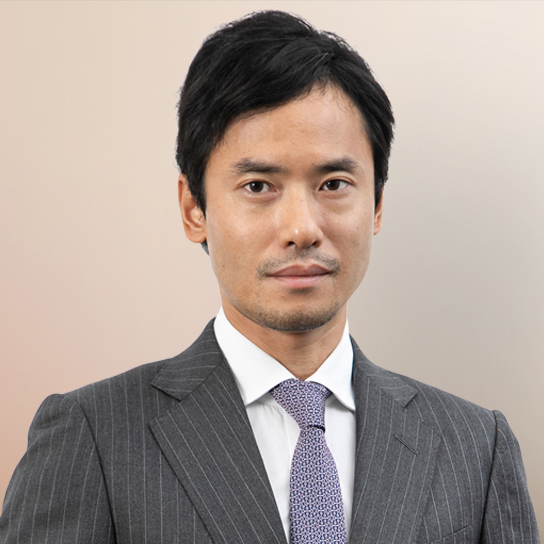Government and Corporate legal practices regarding TPP (12): Intellectual Property
-
Articles
Government and Corporate legal practices regarding TPP (12): Intellectual Property
Kazumochi Kometani, Kojiro Fujii and Toshihiko Hamano co-authored an article entitled "Government and Corporate legal practices regarding TPP (12): Intellectual Property", which appears in NBL No. 1085 (November 1, 2016).
- Related Topics
-
- Government and Corporate legal practices regarding TPP (1): Overview of TPP and legal practices relating to International Economic Law
- Government and Corporate legal practices regarding TPP (2): General Issues Regarding TPP
- Government and Corporate legal practices regarding TPP (3): Tariffs
- Government and Corporate legal practices regarding TPP (5): Investment (1)
- Government and Corporate legal practices regarding TPP (6): Investment (2)
- Government and Corporate legal practices regarding TPP (7): Investment (3)
- Government and Corporate legal practices regarding TPP (8): Investment (4)
- Government and Corporate legal practices regarding TPP (9): Electronic Commerce
- Government and Corporate legal practices regarding TPP (10): Government Procurement
- Government and Corporate legal practices regarding TPP (11): Intellectual Property
- Government and Corporate legal practices regarding TPP (13): State Owned Enterprize “SOE”
Authors
Europe
Competition Law / International Trade
- European Commission unveils new Economic Security Communication seeking a paradigm shift towards the use of trade instruments to support EU strategic objectives
Europe
Competition Law / International Trade
- United States Publishes Trade Agreements, Frameworks with East Asian Countries

He graduated from the University of Tokyo Graduate School of Frontier Sciences (M.S.) in 2004. Due to his technical background, he advises clients on various technology matters, including artificial intelligence (AI), generative AI, data protection, data utilization, medical field, healthcare, software, systems, cloud computing, OSS, information technology, DX, and quantum computing. His time at the Akira Hirose laboratory at the University of Tokyo provided him with deep knowledge of artificial intelligence (AI) and generative AI because he studied neural networks, which is the main technology of artificial intelligence (AI) and generative AI. He successfully passed the Japanese patent attorney examination in 2002, and he has been admitted in Japan since 2009. He advises clients on various intellectual property law matters due to his technical background and knowledge as a Japanese patent attorney. Regarding dispute matters related to intellectual property, he has handled patent litigation, litigation regarding employee inventions and trade secret litigation, among others. He especially has considerable experience in trade secret disputes, and he provides a support service on countermeasures against divulging trade secrets, including drafting company regulations, data management practice, and employee training.
Related Knowledge
-

-
Upcoming Trademark Law and Unfair Competition Related Events
Tokyo
External Seminars
-

-
Upcoming Trademark Law and Unfair Competition Related Events
Tokyo
External Seminars
-

-
JCAA Global Arbitration Forum 2025
Toyko
External Seminars
-

-
United States Publishes Trade Agreements, Frameworks with East Asian Countries
Europe
Competition Law / International Trade
-

-
ASEANCham-EU Seminar: What Does the New Global Order Mean for ASEAN-EU Trade and Economic Relations?
Brussels
External Seminars
-

-
IP & Legal Considerations for Investing in Japan
London
External Seminars


Kojiro Fujii specializes in the fields of competition law and international trade law. He also covers emerging areas of digital policy/regulations and public policy/regulations, such as those related to sustainability. His expertise in these areas is frequently recognized by international and domestic legal publications. Kojiro also is regularly ranked by Chambers (Band 1 International Trade, Japan and Band 2 TMT, Japan) and Who’s Who Legal (Competition). He achieved the highest ranking in the “International Trade and Economic Security” category of Nikkei’s “Most successful lawyers” (as voted by Japanese companies and peer lawyers) in 2022; he was recognized by Asian Legal Business as one of the Top 15 Technology, Media and Telecommunications Lawyers in Asia in 2023; and he was shortlisted for the FT Innovative Lawyers Awards Asia-Pacific as the Most Innovative Practitioner for his work covering those areas in 2024.
In addition to his career at N&A, he served as the deputy director of the Ministry of Economy, Trade and Industry of Japan, where he handled several important WTO disputes on behalf of the Japanese government. He also worked at a highly reputable international law firm in Washington DC, where he focused on antitrust matters.